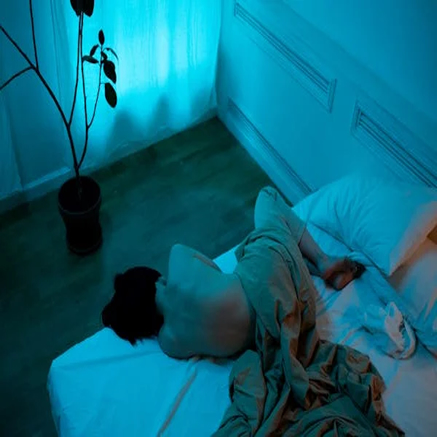How Depression is caused
The causes of depression are intricate and multifaceted, often arising from a blend of genetic, biological, environmental, and psychological factors. Key contributors include:
- Genetic Factors: A family history of depression can heighten an individual’s risk of developing the condition.
- Biochemical Changes: Imbalances in neurotransmitters and hormones can disrupt mood regulation.
- Life Events: Stressful experiences, such as trauma, the loss of a loved one, or significant life transitions, can trigger depressive episodes.
- Medical Conditions: Chronic illnesses, hormonal fluctuations, and certain medications may also play a role in exacerbating depressive symptoms.
- Psychological Factors: Low self-esteem, negative thought patterns, and heightened anxiety can increase vulnerability to depression.
Common Depression conditions
Depression presents itself in various forms, each characterised by unique features:
- Persistent Depressive Disorder: This chronic condition lasts for at least two years, leading to long-term sadness and disinterest in life.
- Bipolar Disorder: Marked by alternating periods of depression and mania, individuals with bipolar disorder undergo extreme mood swings.
- Seasonal Affective Disorder (SAD): This type of depression typically arises during specific times of the year, particularly in winter when daylight is scarce.
- Psychotic Depression: A severe form that includes psychotic symptoms, such as delusions or hallucinations, alongside depressive episodes.
- Postnatal Depression: Affecting new mothers, this condition manifests after childbirth and involves intense feelings of sadness, anxiety, and fatigue.
- Premenstrual Dysphoric Disorder (PMDD): A debilitating form of premenstrual syndrome (PMS), PMDD produces significant emotional and physical symptoms leading up to menstruation.
The diagnosis procedure for Depression
Diagnosing depression requires a thorough evaluation by a qualified healthcare professional, which typically involves:
- Clinical Interview: The provider discusses the individual’s symptoms, medical history, and any relevant family history of mental health issues.
- Standardised Assessment Tools: Questionnaires and rating scales help gauge the severity and duration of depressive symptoms.
- Physical Examination: A physical exam assists in ruling out other medical conditions that might contribute to depressive symptoms.
To qualify for a formal diagnosis, symptoms must persist for at least two weeks and significantly impair daily functioning.
The statistics on Depression
A ground-breaking revelation emerges from the UK’s largest medical cannabis observational survey. The survey demonstrates that PHQ-9 questionnaire depression scores halved on average within just three months of CBMP (Cannabis-Based Medicinal Products) treatment, offering a glimmer of hope to those ensnared by this pervasive condition. An in-depth analysis of over 3,000 responses further unveils that patients with depression experienced a striking 50% reduction in symptoms after incorporating cannabis-derived medicine into their care, a powerful indicator of its transformative potential.
The need for such innovation has never been more pressing. Before the COVID-19 pandemic, 10% of UK adults reported experiencing depression in their lifetime. Yet, by 2021, this figure had soared to 17%, a stark reflection of the psychological toll exacted by the global crisis. Against this backdrop, NHS England issued an astonishing 86 million antidepressant prescriptions to approximately 8.6 million patients between 2022 and 2023, according to the NHS Business Services Authority (NHSBSA). These numbers paint a vivid picture of a nation grappling with an unprecedented mental health burden.
Common treatments for Depression
Effective treatment for depression often involves a tailored combination of approaches. Common options include:
- Psychotherapy: Cognitive Behavioural Therapy (CBT), interpersonal therapy, and various counselling methods help individuals recognise negative thought patterns and develop coping strategies.
- Medications: Antidepressants, such as selective serotonin reuptake inhibitors (SSRIs) and serotonin-norepinephrine reuptake inhibitors (SNRIs), are frequently prescribed to help stabilise mood.
- Lifestyle Changes: Regular exercise, a balanced diet, and sufficient sleep can markedly improve mood and overall well-being.
- Support Groups: Connecting with others who understand the challenges of depression can provide invaluable support and encouragement.
